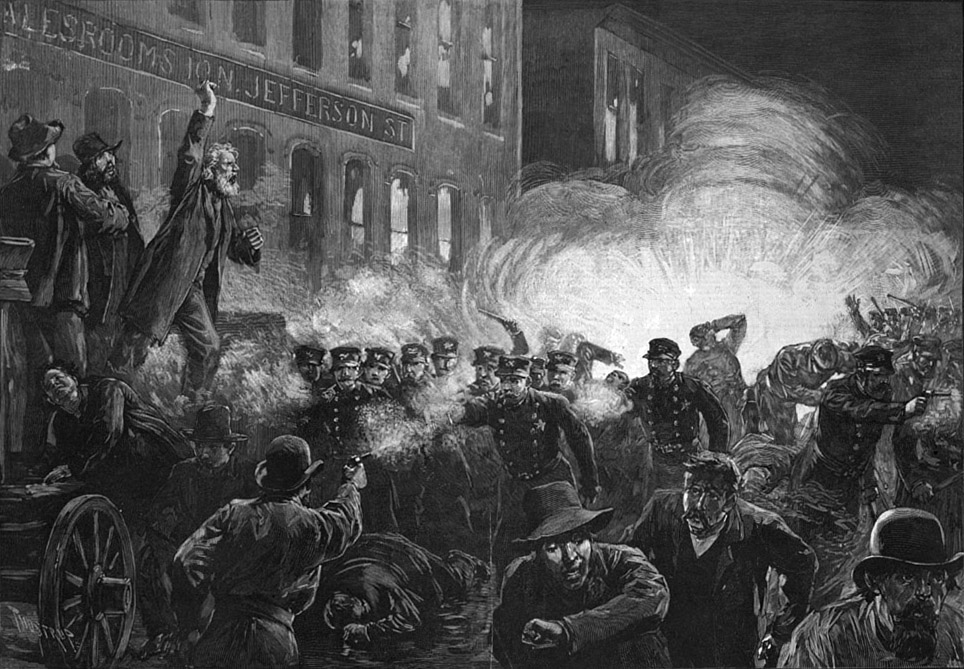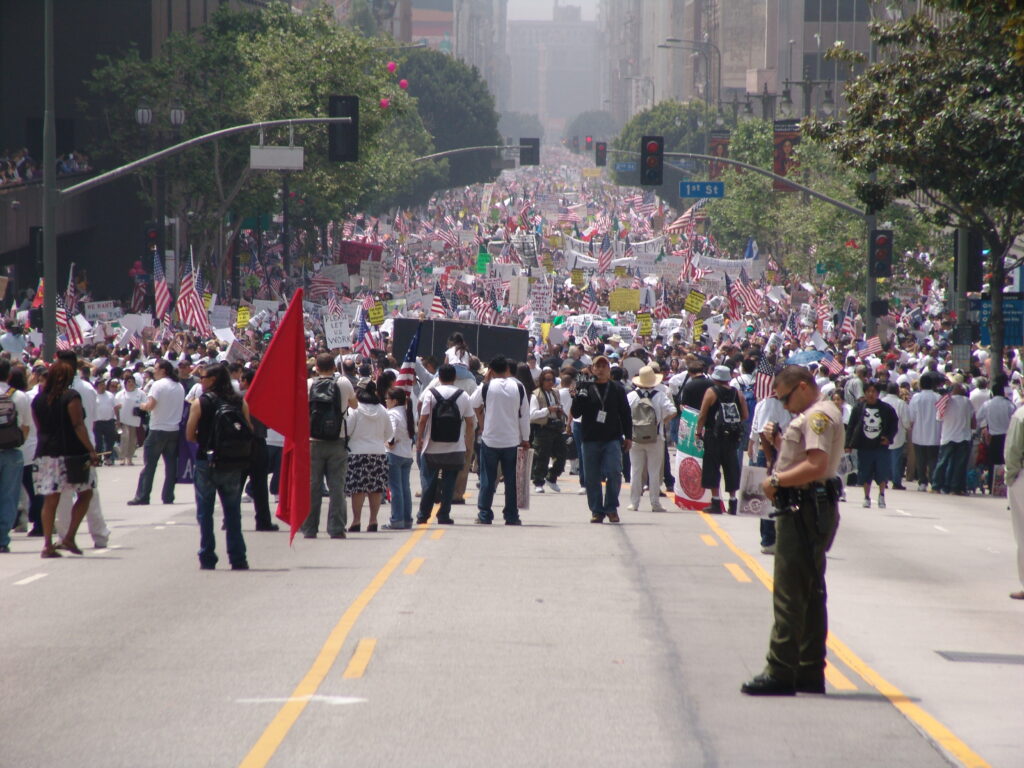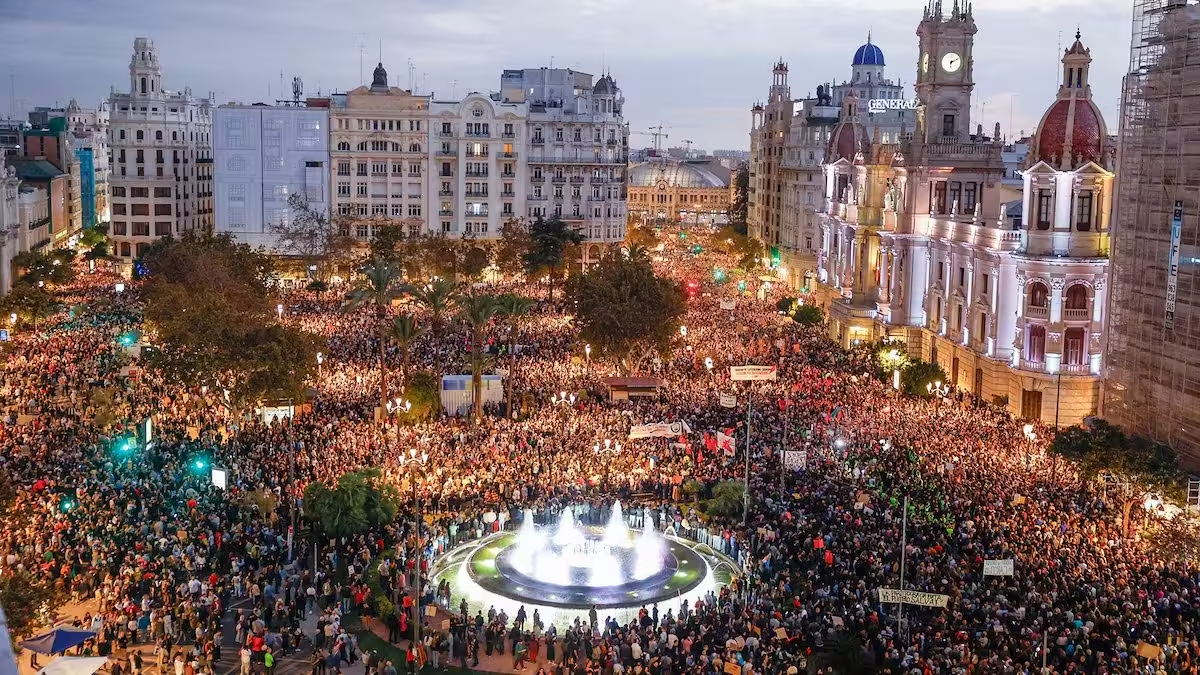Spain’s May Day Bank Holiday
Every first of May, Spain embraces the vibrant spirit of May Day, a significant occasion marked by a bank holiday that celebrates labor rights, and the achievements of workers. Commonly referred to as ‘ El Día del Trabajador,’ (The Day of the Worker) this day holds deep historical and cultural significance across the nation.
The History of May Day
The roots of May Day trace back to the late 19th century when workers around the world began demanding better working conditions, fair wages, and shorter workdays. In Spain, the labor movement gained momentum during the Industrial Revolution as workers organized protests and strikes to advocate for their rights. May 1st became synonymous with the struggle for labor rights following the Haymarket affair in Chicago in 1886, which led to the establishment of International Workers’ Day.
May Day: Present Day
Nowadays, the first of May in Spain is not only a time to reflect on the achievements of the labor movement but also a day of rest and relaxation for many (Not for hospitality workers unfortunately!). As a bank holiday, it provides an opportunity for workers to unwind, spend time with family and friends, and enjoy in various local activities.
Demonstrations and Rallies
One of the most iconic events associated with May Day in Spain is the traditional workers’ demonstrations and rallies organized by labor unions and political parties. These gatherings serve as platforms for workers to voice their concerns, advocate for social justice, and demand legislative reforms to improve working conditions.
El Primero de Mayo es el día de la reivindicación de los trabajadores y trabajadoras.
— Pepe Bernal (@pepebernal) May 1, 2024
El Gobierno socialista y progresista de #España ha demostrado que a mayor derechos laborales mejor situación económica y mayor calidad de vida.
✊🏻🌹✊🏻#Málaga#1DeMayo #DiaDelTrabajador pic.twitter.com/E6OQlvRmB0
In addition to the demonstrations, the day of the worker is often celebrated with street festivals, concerts, and gatherings in towns and cities across Spain. Parades featuring colorful banners, flags, and slogans championing workers’ rights are a common sight, showcasing the solidarity and resilience of the labor movement.
Recognition of Workers on May Day
Another integral aspect of the celebration is the recognition of the contributions of workers to the country’s economy and society. It is a time to honor the dedication, hard work, and perseverance of individuals from all walks of life, spanning diverse industries and professions.
The Sacrifices of Many
Beyond its modern day significance, May Day in Spain is steeped in historical symbolism. It highlights the struggles and victories of the working class throughout the years. It serves as a reminder of the sacrifices made by previous generations to secure fundamental rights and protections for workers, while also inspiring present and future generations to continue the fight for social justice and equality.

May Day Worldwide
Across the globe, May 1st is celebrated in various ways. In many European countries, including France, Italy, and Germany, May Day is marked by street parades, concerts, and festivals, with workers and activists taking to the streets to demand labor rights and social justice.
In the United States, May Day is often associated with International Workers’ Day. Rallies and demonstrations are held in cities like New York and Chicago to advocate for workers’ rights and immigration reform.

In Asia, countries like South Korea and the Philippines commemorate the day with peaceful protests, labor rallies, and events honoring the contributions of workers.
In Latin America, celebrations often include traditional dances, music performances, and gatherings in public squares, highlighting the solidarity and resilience of the working class.
Across continents, it serves as a global reminder of the ongoing struggle for labor rights and social equality, uniting people from different backgrounds in a shared commitment to justice and solidarity.
Share this content:




1 comment